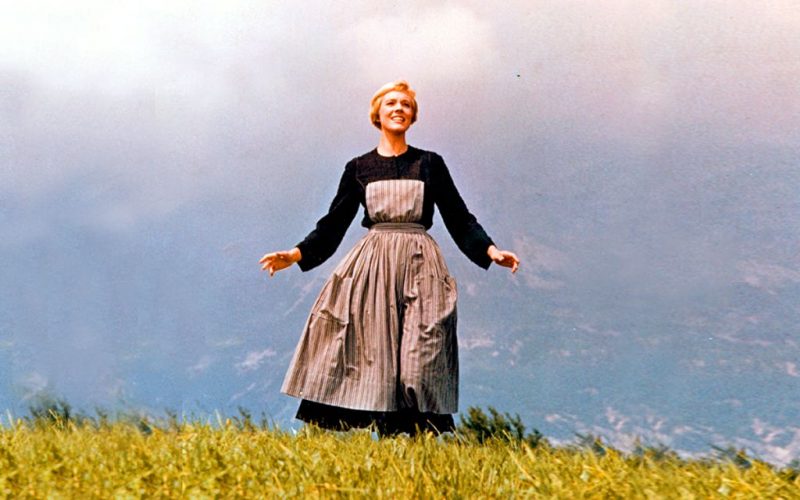Fans of The Sound of Music don’t have to fly overseas for a nostalgic von Trapp history tour. The Trapp Family Lodge in the mountains of Stowe, Vermont, re-create the hills of Austria on a 2,500-acre property, where tourists come to hear the real story of the Von Trapps, join in a sing-along, or simply walk along the grounds in the fresh air, as matriarch Maria would’ve approved. It is as authentic an Austrian experience as is possible in America.
“A lot of people come because they like the movie, they’re interested in the family story,” Sam von Trapp, the grandson of Maria and Georg von Trapp, told CNN. The more adventurous ride mountain bikes or cross-country ski on the well-groomed trails. “Outdoor recreation is a big part of staying healthy and happy,” Sam told CNN, echoing his grandmother’s sentiments.
Both tourists and the local population appreciate the relatively recent addition of the Trapp Brewing Bierhall, where dirndl-clad waitresses serve up Golden Helles lager, Bohemian Pilsner, and home-brewed kombucha alongside such traditional Austrian dishes as bratwurst and schnitzel. “Nothing more Austrian than a beer hall,” said Johannes von Trapp, Maria and Georg’s youngest child, on CNN.
The lodge is a visual treat, furnished with Austrian décor and lined with historic family photos and posters from around the world of the 1965 film that made them famous, though they didn’t actually share any of the profits from the musical or the movie. Maria had sold the rights to her autobiography to a German film company in the 1950s for $9,000. Maria and Georg and many of their children are buried in the family cemetery on the grounds.
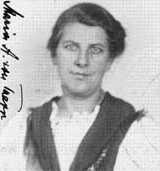
Like any fictionalized account of real life, The Sound of Music bent facts to make a cleaner narrative.
Maria Augusta Kutschera, orphaned as a young child and raised by an atheist, literally stumbled into the church, when as a college student she attended what she thought was a Bach concert at a church in Vienna. Instead it was a Palm Sunday service, and the priest’s sermon inspired a religious awakening, as she recounted in her biography. Soon after, she entered an abbey as a novice, but her health suffered under the strict rules and lack of fresh air. So when the recently widowed Georg von Trapp, a World War I naval hero, approached the abbey in search of a governess for his sickly daughter, also named Maria, the young novice was chosen.
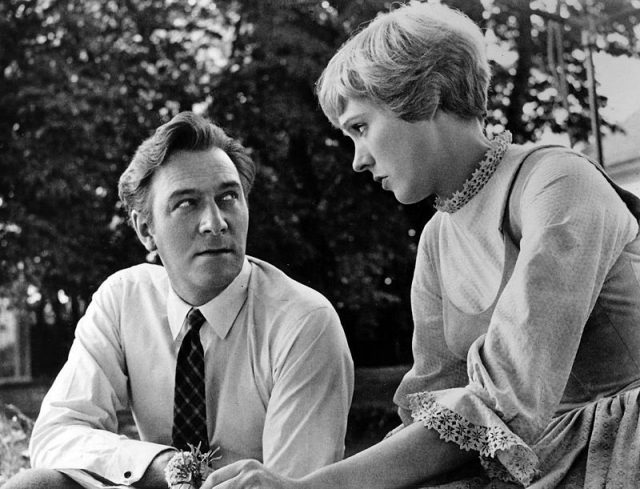
Maria thrived as a governess, singing with the seven children, enjoying time outside. But she was not as saintly as Julie Andrews portrayed her on screen. “My step-mother had a terrible temper,” the younger Maria said in a 2003 interview with the National Archives. “But we took it like a thunderstorm that would pass, because the next minute she could be very nice.”
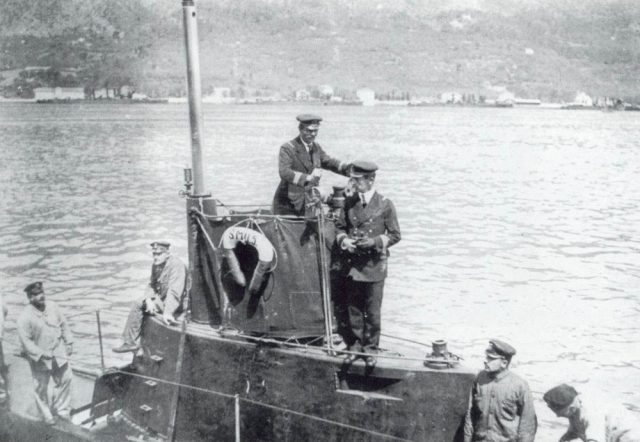
Like his children, Georg fell in love with the young governess, 25 years his junior. He asked her to become the children’s second mother. The two wed in 1927, and had three children together.
The worldwide Depression in the 1930s set in motion the family’s path to the U.S. and eventual fame. When the von Trapps lost most of their wealth, Maria took in boarders and persuaded her reluctant husband to turn their family’s hobby of singing together into a musical act. They became successful singing traditional classical music and folk songs, winning a prize in the 1936 Salzburg Musical Festival, as depicted in the movie.
Hitler’s annexation of Austria eventually pushed them out of their home country. Georg declined a Naval post and refused to let his oldest sons join the Nazi party. After he declined an invitation to sing at Hitler’s birthday party, they decided it was too dangerous to stay in Austria.
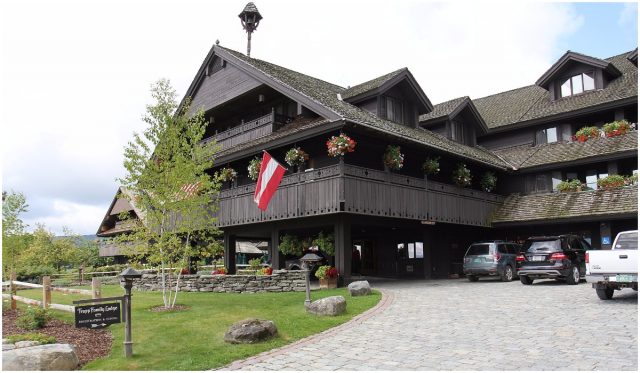
Though the family didn’t actually walk over the picturesque Austrian Alps as shown in the movie—their departure was a more prosaic train ride out of Salzburg—their path to the U.S. was indeed a rocky journey from Italy to London to New York for a six months’ tour that their visas allowed. Maria was pregnant with their third child, Johannes, who was the only von Trapp born in the U.S. The two oldest sons, Rupert and Werner, ended up serving in the American army during World War II, thereby gaining U.S. citizenship.
Trapp Family Singers preparing for a concert in Boston in 1941.
They first settled outside Philadelphia. Touring the U.S. as the Trapp Family Singers, they came to Vermont, which Maria found much more appealing. “My family settled in Vermont because it reminded them of Austria,” Sam told CNN.
Maria hoped to farm in Vermont, but the terrain and cold climate weren’t conducive to crops. With 10 children inviting friends over, the family homestead naturally evolved into a lodge, which opened in 1950. “We seldom sat down to dinner with fewer than 12 to 15 people at the table,” Johannes told CNN.
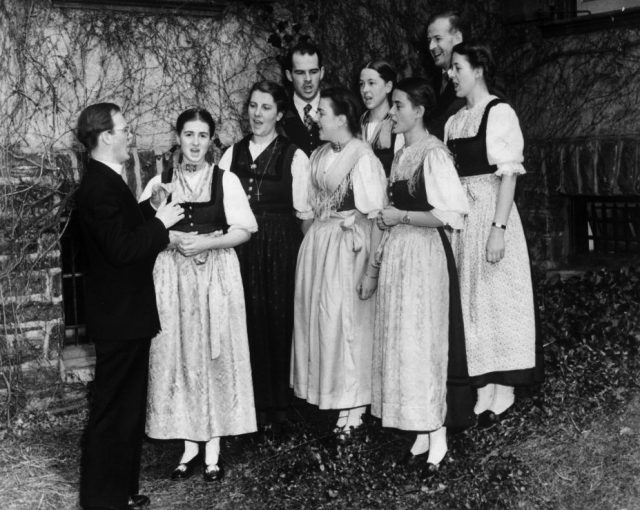
The building on the grounds today was completed in 1981, after the original lodge burned down. Though the fire was devastating, it allowed to the family to construct a more modern 96-room lodge, including a suite for Maria, who lived another four years. Today the lodge is run by Sam and his sister, Kristina, with Johannes overseeing their efforts.
The current generation of von Trapps do not sing professionally, though they will join in a Christmas sing-along at the lodge. But they definitely inherited Maria’s appreciation for the wholesome effects of the great outdoors, which is why Sam takes special pride in the lodge’s well groomed mountain-bike trails. Though the real Maria didn’t actually sing this song, Rodgers and Hammerstein wrote it well: “I go to the hills when my heart is lonely/I know I will hear what I’ve heard before/My heart will be blessed with the sound of music/And I´ll sing once more.”
